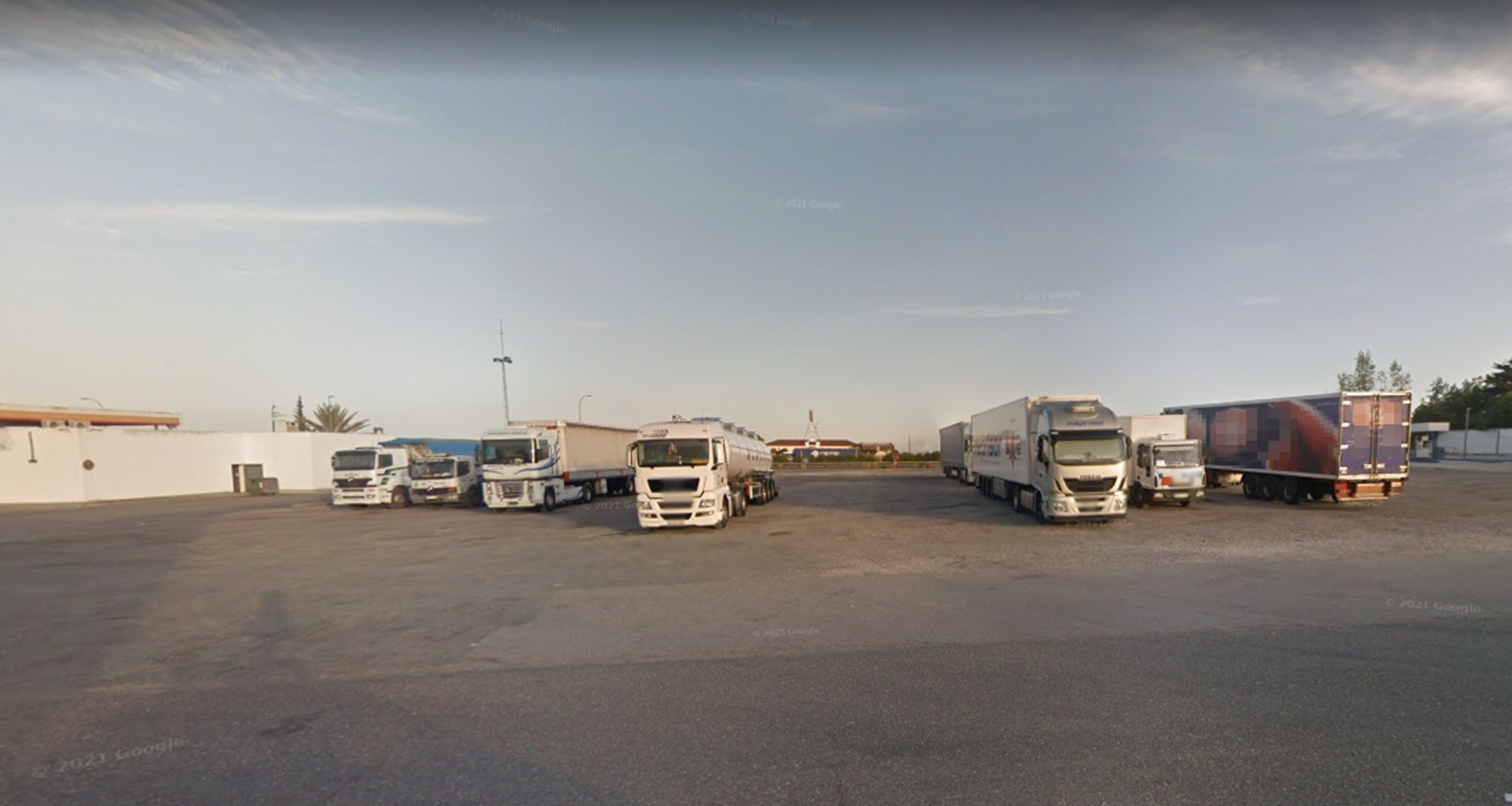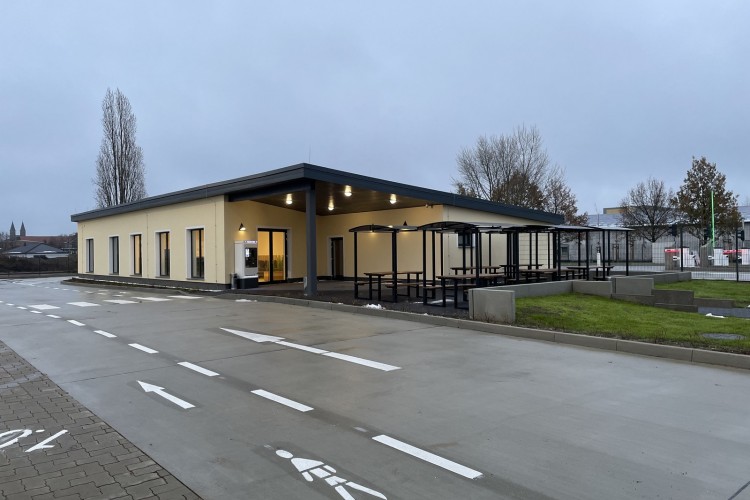A Moroccan lorry driver who had spent a year in jail on people smuggling charges before being acquitted by the Seville High Court due to insufficient evidence, reports the Spanish press.
 Ahmed O, a 66-year-old Moroccan lorry driver, had spent the last year in prison despite his innocence, according to a report in the Spanish press.
In June 2022, while transporting a consignment of watermelons and peppers from Tangier in Morocco to Perpignan in France, two minors secretly hid in his refrigerated trailer in order to enter Spain illegally. The authorities believed that the driver was aware of their presence, leading to his arrest at a petrol station in Ecija.
Ahmed O, a 66-year-old Moroccan lorry driver, had spent the last year in prison despite his innocence, according to a report in the Spanish press.
In June 2022, while transporting a consignment of watermelons and peppers from Tangier in Morocco to Perpignan in France, two minors secretly hid in his refrigerated trailer in order to enter Spain illegally. The authorities believed that the driver was aware of their presence, leading to his arrest at a petrol station in Ecija.
The stowaways had endured freezing temperatures throughout the journey and eventually began banging on the container in a desperate attempt to escape and save their lives. When they were discovered, the national police arrested Ahmed O, and prosecutors sought a six-year prison sentence for the crime of smuggling migrants.
However, the High Court in Seville recently acquitted him, citing serious doubts about his alleged involvement in the incident.
Driver received lorry sealed, didn’t know about stowaways
Ahmed O. had been in custody since 11 June 2002, when he was arrested after a worker at the La Choza service station on the A4 motorway heard the two young Moroccan men, aged 17 and 16, beating each other.
The lorry had been sealed two days earlier in Ait Amira, Morocco, before leaving for Tangiers. The accused driver drove to Algeciras, where he set foot on Spanish soil. At the port of Cádiz, he underwent all the necessary formalities and phytosanitary checks, including those carried out by the plant health authorities. The seals affixed to the vehicle in Morocco were removed and two new seals were affixed by Docks Logistics Spain and a customs company. These seals were later removed when the minors were discovered.
The recent ruling of the High Court of Seville, obtained by the press office of the High Court of Justice of Andalusia (TSJA), states that the evidence presented in the case was insufficient to secure a conviction with the necessary guarantees of certainty. The court acknowledges that the minors entered Spanish territory hidden in the refrigerated trailer of the lorry, specifically in the lower part of a pallet underneath boxes of watermelons.
According to the defence, Ahmed O. was unaware of the presence of the minors and had received the vehicle already sealed, so had not opened or checked it.
2 more minor refugees, Moroccan police report and a witness
In addition, a previous driver named Mustapha, who had travelled from Ait Amira to Tangier, had an incident with other minors hidden in the trailer. These minors were not the same as those found in Ecija. The Moroccan police removed them from the vehicle and the lorry was then sealed.
When Ahmed O. took charge of the lorry, he had not seen any minors until he was alerted by the petrol station attendant in Ecija. The court found this explanation consistent with the evidence presented during the trial. On the basis of the case documents, the judges concluded that the seals were affixed on 8 June in Ait Amira, more than 800 kilometres from Tangier. This makes it impossible to claim that Ahmed O. was driving the vehicle from the first seal or that he was the sole driver throughout the journey.
The truck’s tachograph recorded that the defendant had driven the vehicle from Tangiers to Algeciras, which is consistent with his own testimony.
The court accepted the existence of Mustafa, as documented in the vehicle’s insurance papers, and acknowledged the previous incident involving two other minors. The defence produced a Moroccan police report on this incident, which stated that four minors had initially entered the lorry, two of whom were found in Morocco. The other two hid deep inside the load, unseen during subsequent inspections, and the lorry was closed and resealed with them inside.
An additional circumstance supporting the innocence of the accused was his genuine surprise at discovering the minors. A petrol station employee who witnessed the incident testified that Ahmed O. put his hands on his head and immediately asked him to call the police. The witness was under the impression that the lorry driver had no prior knowledge of the stowaways.
“People draw lots to decide who enters Spain and who stays” During the trial, the minors themselves admitted that they had forced their way into the trailer without the driver’s help. They revealed that in their home town, people draw lots to decide who enters Spain and who stays. The person chosen to stay is responsible for closing the lorry, while the others hide inside. In this case, the minors climbed up the watermelon crates to get inside through some space at the top, emptying one pallet and hiding in the one below. The top pallet was then refilled and placed on top. The court reasoned that the damage to the trampled crates would not have occurred if the haulier had introduced the minors before loading the goods.






